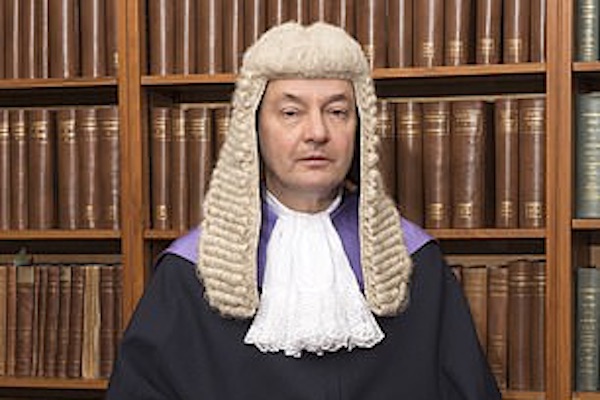
The Church of England has been accused of anti-Irish racism after it refused to allow an Irish language inscription on a gravestone on the basis that Gaelic ‘can cause intense feelings’.
The Irishwoman’s family wanted to include the words ‘In ár gcroíthe go deo’ [In our hearts forever] on the grave in Coventry.
Irish-born Margaret Keene died in July 2018 at the age of 73. Following a quasi-legal process, her family of Irish-born Margaret Keene were refused permission to erect the stone above her grave without an English translation.
Stephen Eyre QC in his role as a judge of the Church of England’s Consistory Court (an internal church court) complained that the inscription would not be understood by many visiting the church yard.
“Given the passions and feelings connected with the use of Irish Gaelic there is a sad risk that the phrase would be regarded as some form of slogan or that its inclusion without translation would of itself be seen as a political statement.”
The application to the church court for the inscription came from Mrs Keene’s daughter, Caroline Newey. She said that after a life devoted the Irish community and Gaelic sports the phrase appearing in Irish would “honour … [her] native tongue”.
But Eyre only gave permission for a modified version of the Celtic cross. He said that “the inclusion of words in a language other than English has caused me rather greater difficulty” and that “questions of language can raise intense feelings”.
“Not only would the message of the inscription not be understood, but there is a risk of it being misunderstood,” he declared.
Eyre noted that the family’s opposition to a translation was “an implicit assertion as to the importance and standing of that language”, which in his view undermined what he said was “the argument” that the Irish language is not political.
He added: “The situation would be likely to be wholly different if I were having to make a decision as to a memorial in the Irish Republic”.
Another daughter, Bernadette Martin, said the court’s decision was “devastating” and had “suspended the grieving process”.
She said the family did not have the option to appeal and would accept the ruling.
“Our Irish is not political. It is much more sentimental than that. We did not feel we were making any statement, other than love for our mother.”
![[Irish Republican News]](https://republican-news.org/graphics/title_gifs/rn.gif)
![[Irish Republican News]](https://republican-news.org/graphics/title_gifs/harp.gif)

